

Uh oh...
It appears that you're using a severely outdated version of Safari on Windows. Many features won't work correctly, and functionality can't be guaranteed. Please try viewing this website in Edge, Mozilla, Chrome, or another modern browser. Sorry for any inconvenience this may have caused!
Read More about this safari issue.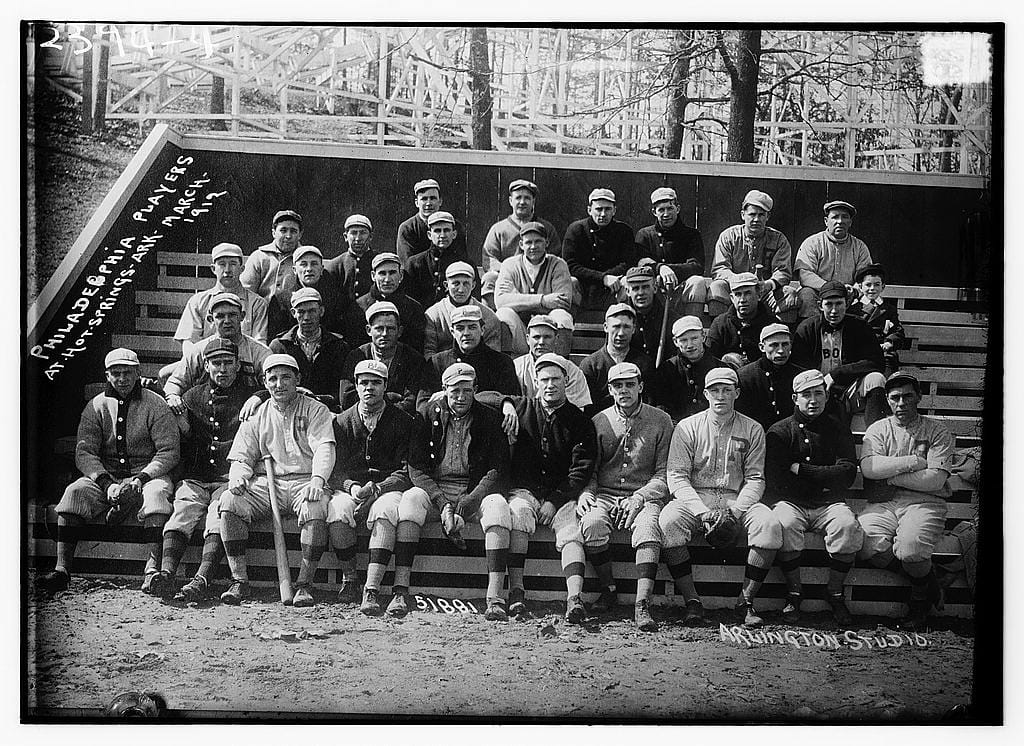

“Son, what kind of pitch would you like to miss today?” – Dizzy Dean
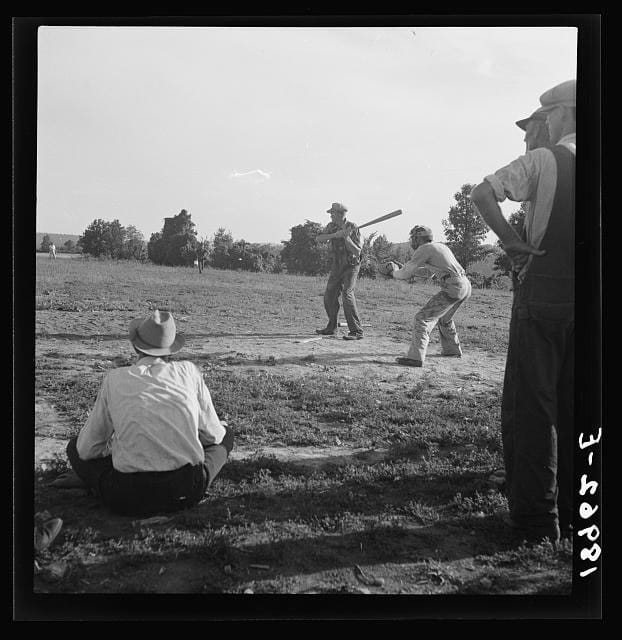
On late-spring weekends more than 10,000 baseball fans fill Baum-Walker stadium to capacity. This is especially true when the Razorback baseball team is fighting for the top spot in the SEC standings or playing a home series against one of many traditional rivals. Arkansans have a love of the Hogs that has been passed down through generations and has become an integral part of the state’s culture. Also part of that culture is an inherited love for baseball. Football has become the most popular spectator sport both locally and nationally and, of course, the Razorbacks have their cherished 1994 National Championship in basketball, but baseball has a special place in the collective heart of Arkansas. It is the game of our grandfathers.
Abner Doubleday would certainly be surprised to find he was mistakenly, or diabolically, given credit for creating the game of baseball. Perhaps he should be more surprised that American baseball liked the romanticized fiction of his accomplishment so much that the ultimate shrine of baseball honor, The Baseball Hall of Fame, is located in Cooperstown, New York, near the apocryphal location where he and his boys borrowed a cow pasture for those original games.
If, in fact, baseball is the offspring of games brought to our shores by immigrants and was born in the city, the young game was adopted early by rural America. The granting of that custody was so complete that baseball’s leadership worked tirelessly and often deceptively to validate rural America’s ownership of the game.
The story of country boys in a pasture inventing the beloved game was so powerful that in 1905, guided by “research and patriotism,” a commission led by Chicago Cubs President, Al Spaulding, was formed to declare the myth a historical fact. The prestigious gentlemen from baseball’s elite declared the Doubleday story to be true and presumed, by their prominence, that their acclimation would be the end of the discussion.
Of course, the birth of baseball is complicated and still debated today, but the love of rural America for the game is unquestionable. Nowhere was this affection more evident than rural Arkansas in the early 1900s.
Football was primarily played by college men, and basketball, also primarily a school sport, was played inside. Baseball, on the other hand, was available to farmers, coal miners, timber cutters, and even sharecroppers. No educational affiliation was required, and elementary school drop-outs were welcome. If someone could buy a ball, or even make one, and procure a bat or two, the game was on. The three acres or so needed to play were readily available, as was the creek for the after-game bath.
From these rural beginnings, Sunday picnic games, town teams, and semipro leagues developed all over Arkansas. The major leagues, playing in urban cities were manned by stars from rural Georgia, the Kansas plains, the cornfields of Nebraska, and the backroads of Arkansas. America loved them and the romanticized country baseball from which they came.
With colorful nicknames like The Georgia Peach, Big Train, and The Flying Dutchman, these uneducated farmers, laborers, and coal miners came to the city and became the stars of early baseball. Arkansas had its share of both colorful rural characters and baseball pioneers.
Boss Schmidt came from the coal mines of the Arkansas River Valley, Rube Robinson from a farm in White County, and Pea Ridge Day hailed from, of course, Pea Ridge. Arkansas would also send professional baseball Dizzy and Daffy, a Preacher, a pitcher known as Old Folks, and a girl named Sue. The history of Arkansas baseball is rich with their stories and those of lesser-known country hardballers.
The relics of those days can still be seen on most backroads in Arkansas. The decaying dugouts and dilapidated backstops of the cow-pasture ball fields were once the proving ground of a generation of Arkansas’ outstanding baseball players. Long since quiet and abandoned, these backroad ball fields are disappearing reminders of the rural history of Arkansas baseball.
Today, in the days of travel ball, private lessons, and year around competition, the idea that an uncoached country boy, with only talent and Sunday semi-pro experience, could succeed in professional baseball seems unlikely. In the early half of the 20th century, that path to the major leagues was well traveled. In the coming months, Backroads and Ballplayers will become part of Only in Arkansas as we share the stories of the men (and women) who made that journey.
Photo Credit:
Rural Baseball near Mountain Home, Arkansas 1919, Farm Security Administration, Photo in non-restricted collection at Library of Congress
Cover Photo: Philadelphia players at Hot Springs, Arkansas. March 1912. Photo is public domain.
Join the Conversation
Leave a Comment
One response to “Backroads and Ballplayers: Baseball in Rural Arkansas”
 Leave a Reply
Leave a Reply
We do the work.
You check your email.
Sign up for our weekly e-news.
Get stories sent straight to your inbox!
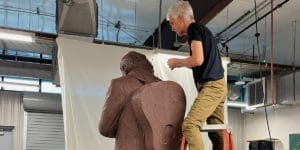
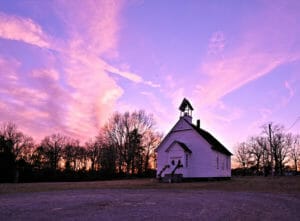
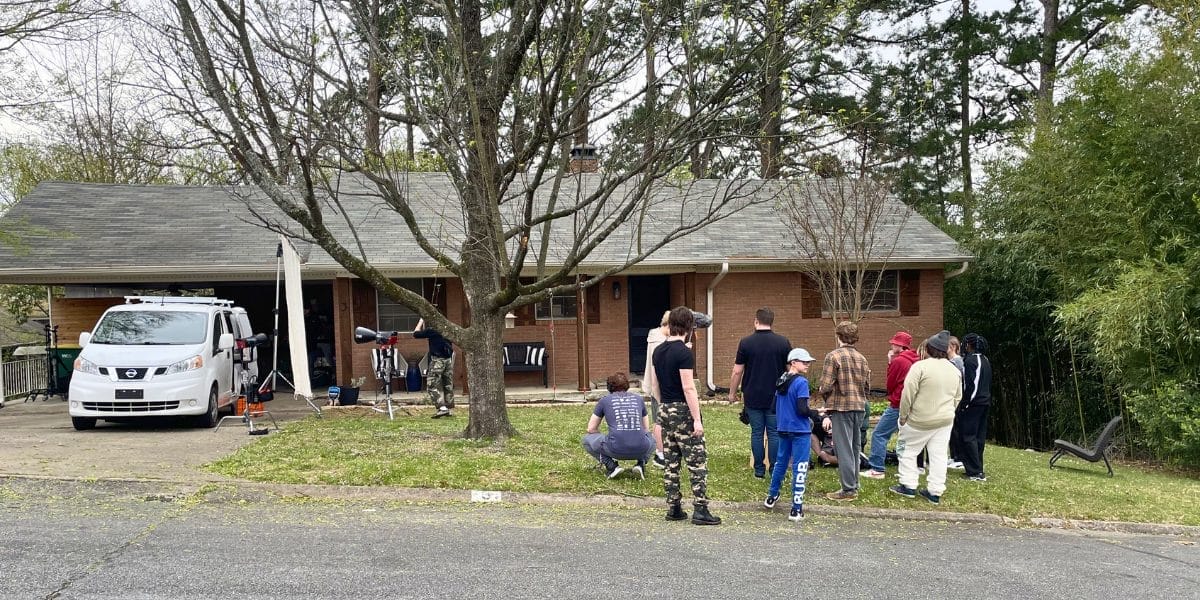


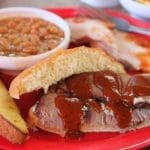




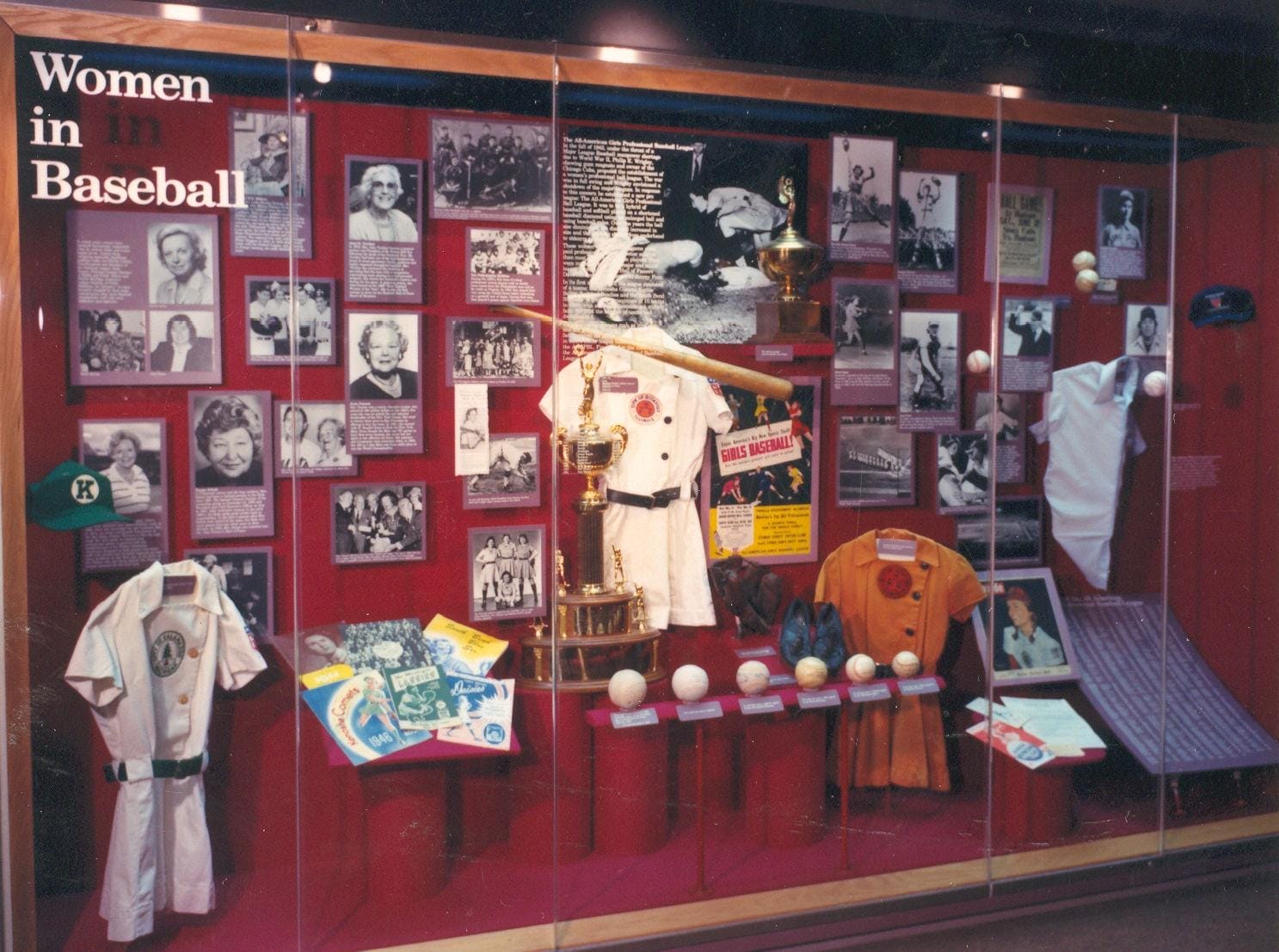
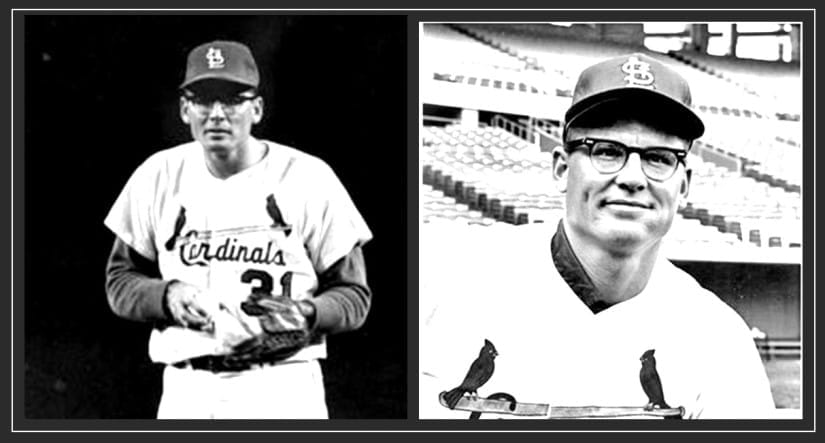
 Leave a Reply
Leave a Reply
[…] An extra exhibit hall hosts roving collections, and the current exhibit shares the stories of a sacred baseball era in Hot Springs when Babe Ruth, Dizzy Dean, Daffy Dean and Hank Aaron spent more than just their […]